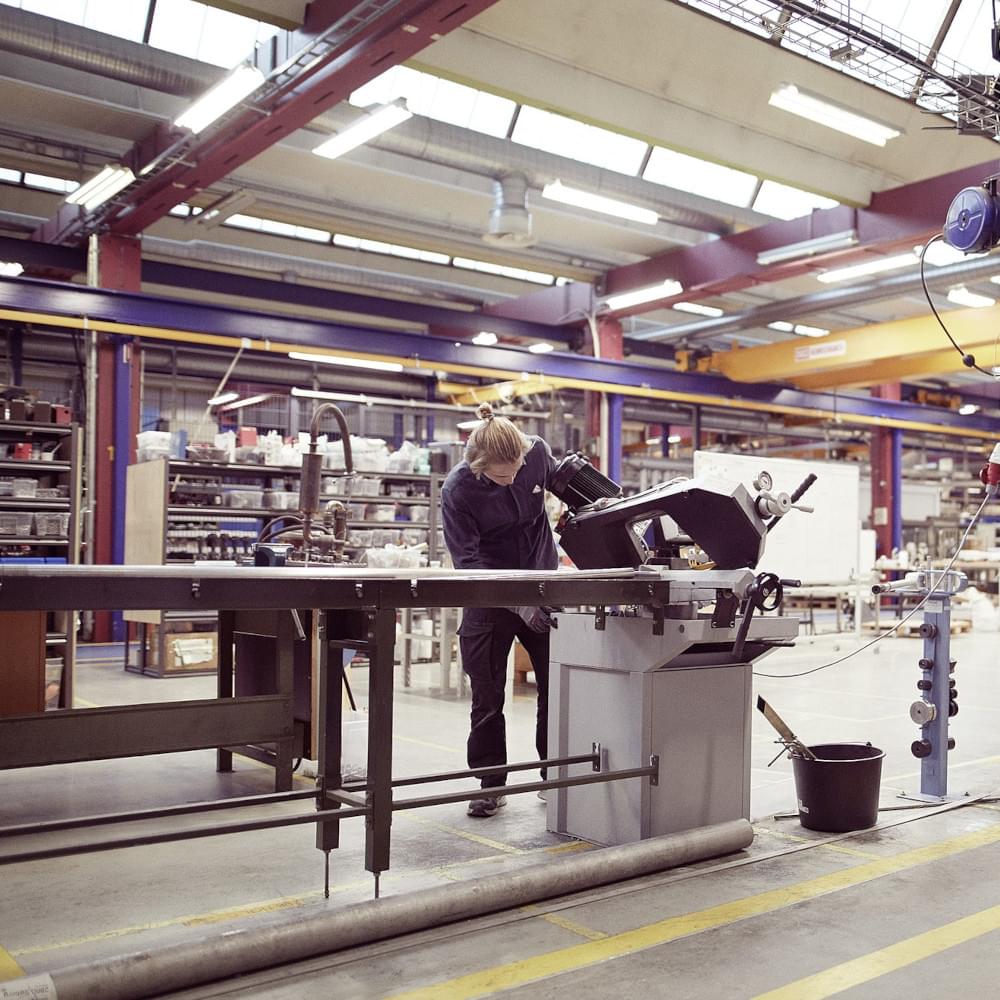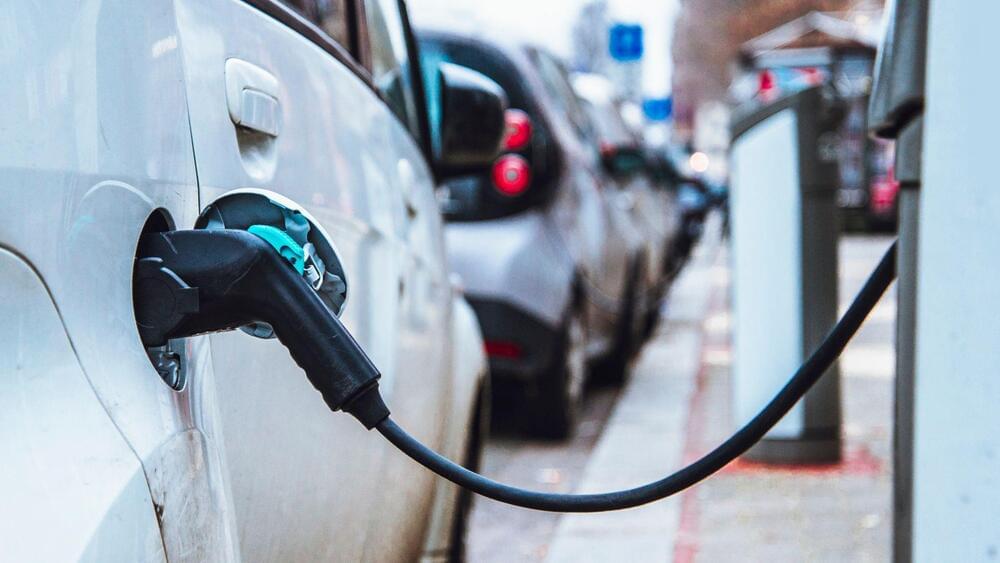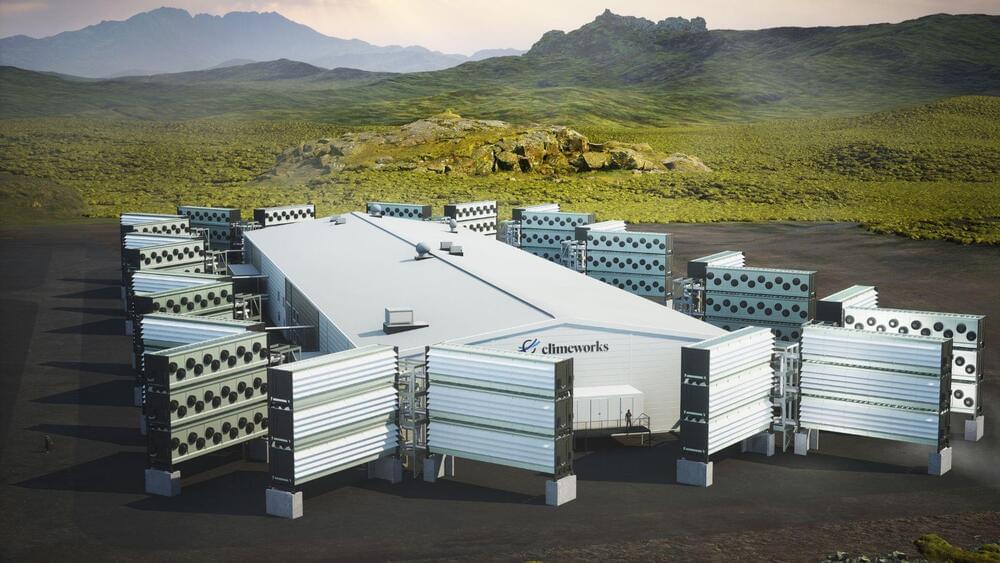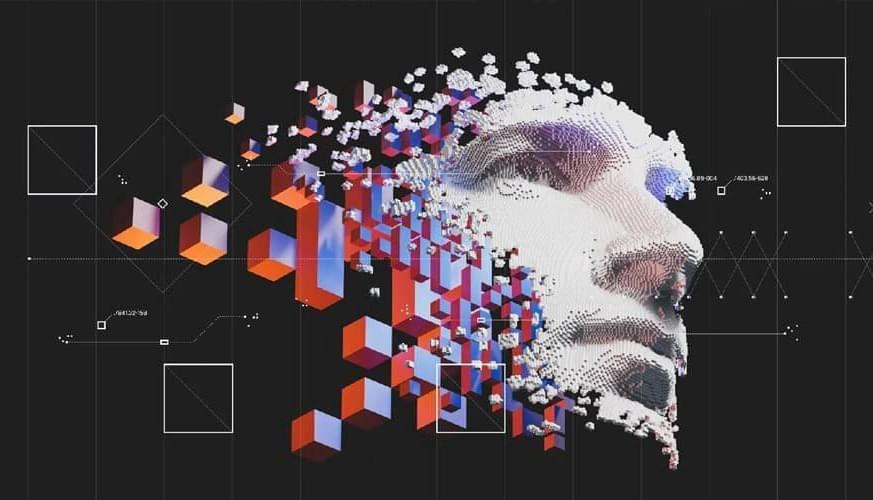Talk Title: Human Age Reversal through Mitochondrial Transplantation.
Tom Benson, CEO at Mitrix Bio, presents at Investing in the Age of Longevity 2022. In his talk, Tom outlines the effect of mitochondria on aging, and how mitochondrial transplantation can be used for age reversal. Showcasing how Mitrix Bio is pioneering the application of this technique, Tom also presents the company’s roadmap for clinical trials and commercialisation of its platform.
Download the presentation slides: https://bit.ly/IAL22-Tom-Benson.
Investing in the Age of Longevity 2022 was held in London on 17 November 2022. The one-day masterclass featured presentations from scientists and business leaders at the cutting edge of the field, giving participants the inside track on the latest aging-related discoveries and investment opportunities.
Download the event programme: https://www.masterinvestor.co.uk/IAL22
Find out more about past and upcoming Master Investor events: https://events.masterinvestor.co.uk







